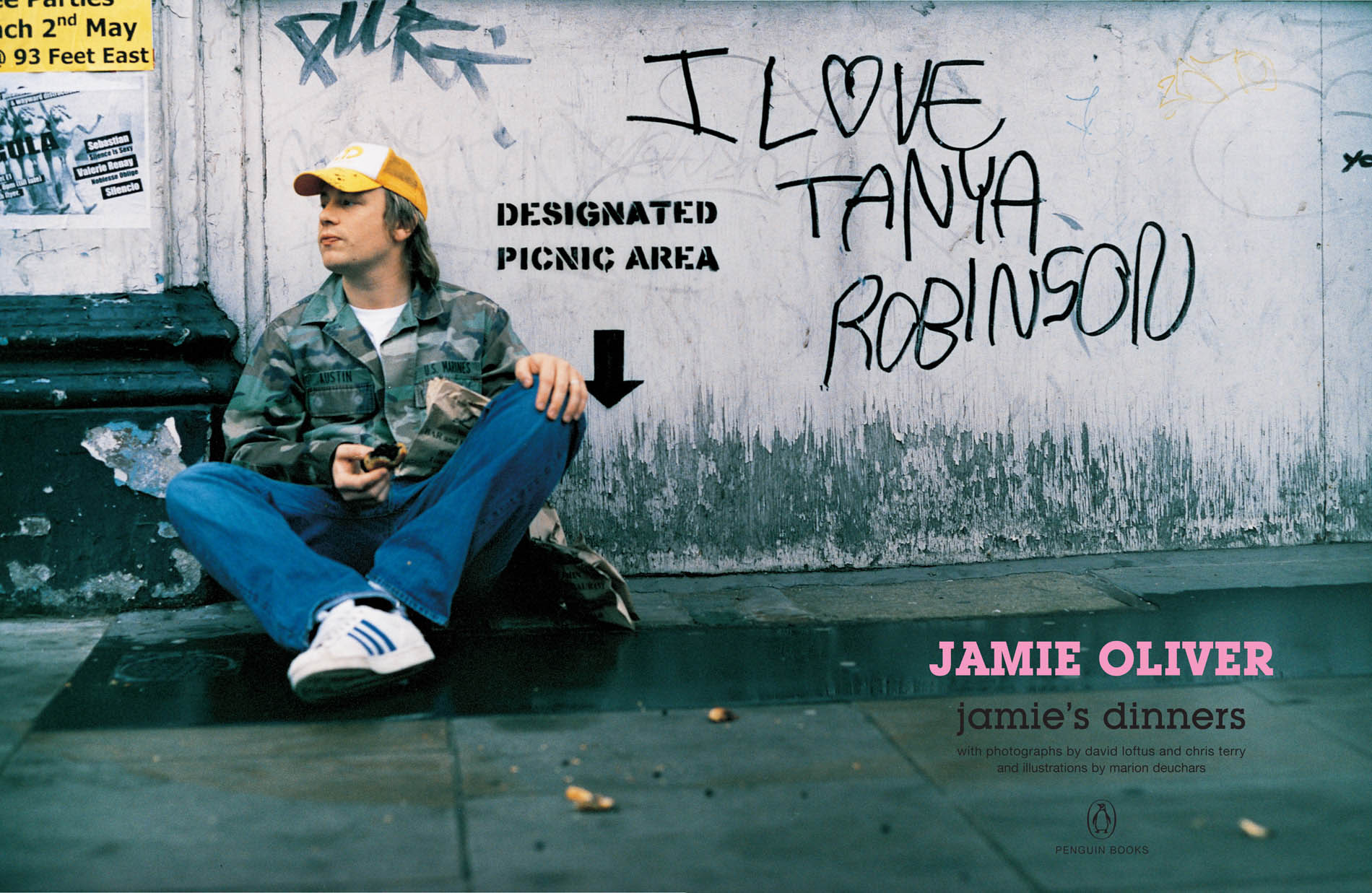
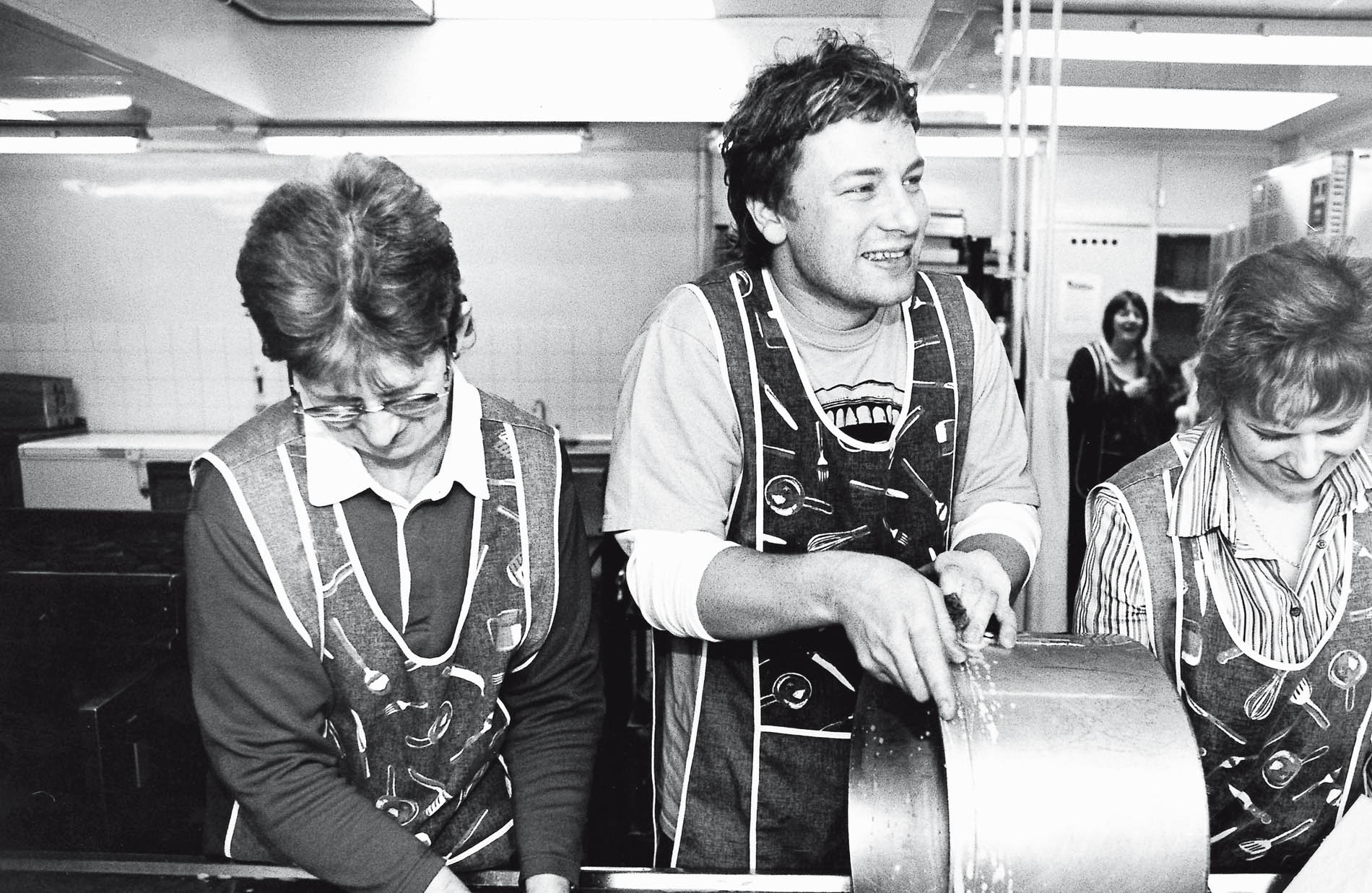
Dedicated to all the school cooks and chefs who strive to make a difference
PENGUIN BOOKS
UK | USA | Canada | Ireland | Australia
India | New Zealand | South Africa
Penguin Books is part of the Penguin Random House group of companies whose addresses can be found at global.penguinrandomhouse.com

First published by Michael Joseph 2004
Published in Penguin Books 2006
Reissued in this edition 2019
Copyright Jamie Oliver, 2004
Photography copyright David Loftus and Chris Terry, 2004
Illustration copyright Marion Deuchars, 2004
The moral right of the author has been asserted
ISBN: 978-0-241-39186-0
jamieoliver.com
This ebook is copyright material and must not be copied, reproduced, transferred, distributed, leased, licensed or publicly performed or used in any way except as specifically permitted in writing by the publishers, as allowed under the terms and conditions under which it was purchased or as strictly permitted by applicable copyright law. Any unauthorized distribution or use of this text may be a direct infringement of the authors and publishers rights and those responsible may be liable in law accordingly.
INTRODUCTION
Im really proud of this book because its full of recipes for great family dinners, and what I want is to get you all cooking and enjoying them together at home. Ive noticed, as I continue to work as a chef and grow as a parent, that there are a whole bunch of people who just dont cook at all, or do so very rarely. But I truly believe that anyone can cook and love it and that everyone has it in them to hold great dinner parties, family occasions or everyday meals that are remembered for a long time. What I hope this book will do is show that anyone can have a go at cooking. Its totally aimed at families and at those who have an interest in good food, no matter what your budget is. Probably someone like you!
Over the last two and a half years Ive been researching and filming a documentary series looking at the food being served in British schools, to see if we can cook tasty and nutritious meals for school kids. I decided to use the same idea in my approach to this book, which means the food is cheap, economical, accessible, easy and time-efficient to make. We all want the same things when making dinner at home for our families.
All the major factors that are needed to make a good affordable school dinner also apply to a mindful, clever cook at home. Availability, accessibility, regionality, affordability, simplicity and a tasty product are the key, with not too much washing-up if youre lucky! Just taking all these words has provided me with a great brief for this cookbook. Its not concerned with fillet steak and lobster and posh stuff. Most of the recipes use pretty standard ingredients that you can buy from street markets or supermarkets all over the country, if not the world.
I think youll get a lot out of these chapters. They concern themselves with the types of food that most of us are eating every day. For instance, there is a lovely little chapter called Five-Minute Wonders, which gives you eight fantastically quick recipes. Perfect for busy lives as each one only takes five minutes or so. I hope a chapter like The Top Ten is really going to inspire you. Its like Top of the Pops , but for food, and it gives you ten crowd-pleasers that everyone loves to eat. The Family Tree chapter takes recipes like a simple tomato sauce or pesto and shows you how to take them further by changing and tweaking here and there, so you can make a whole handful of dishes from just one recipe. Ive also included a chapter on sandwiches you might think this sounds a bit naff, but its great because it acknowledges that sandwiches are the most widely eaten food product in most western countries. Ive tried to show you how you can make really good portable meals to make your work colleagues or friends jealous at lunchtime! Have a look at the picture of the lunchbox on . Then all your normal chapters follow, like Pasta, Meat and Fish. With Vegetables Ive kept things really chatty and shown you that veggies can be a real highlight to your dinner, not just an extra. Ive given you various different ways of cooking each vegetable so you can widen your repertoire.
I was brought up around food, around chefs and cooks, and I also love nature, agriculture and farming, the changing seasons and the produce that comes with them. You may feel the same way as I do about these things however, I do think a lot of people just dont understand the importance of where their food comes from or what might have been done to it before they buy it. Its good to question these things.
First, good-quality food and produce and yes, this may involve organics is always considered to be middle-class or rich peoples food. Wrong. Ive worked with students and people on the dole who eat better than some city boys earning hundreds of thousands of pounds a year, and the reason is that they use their heads when buying. Why is this important? Why should you have standards when buying? Because youre going to put this food in your mouth and swallow it and youll do this two or three times every single day of your life. Everything you eat contributes to you being happy, or fit, or lethargic, or full of energy, or susceptible to colds and flu, or being able to think better and hold your concentration. Your hair, your fingernails, your height, your skin, everything you are is made from the food you eat.
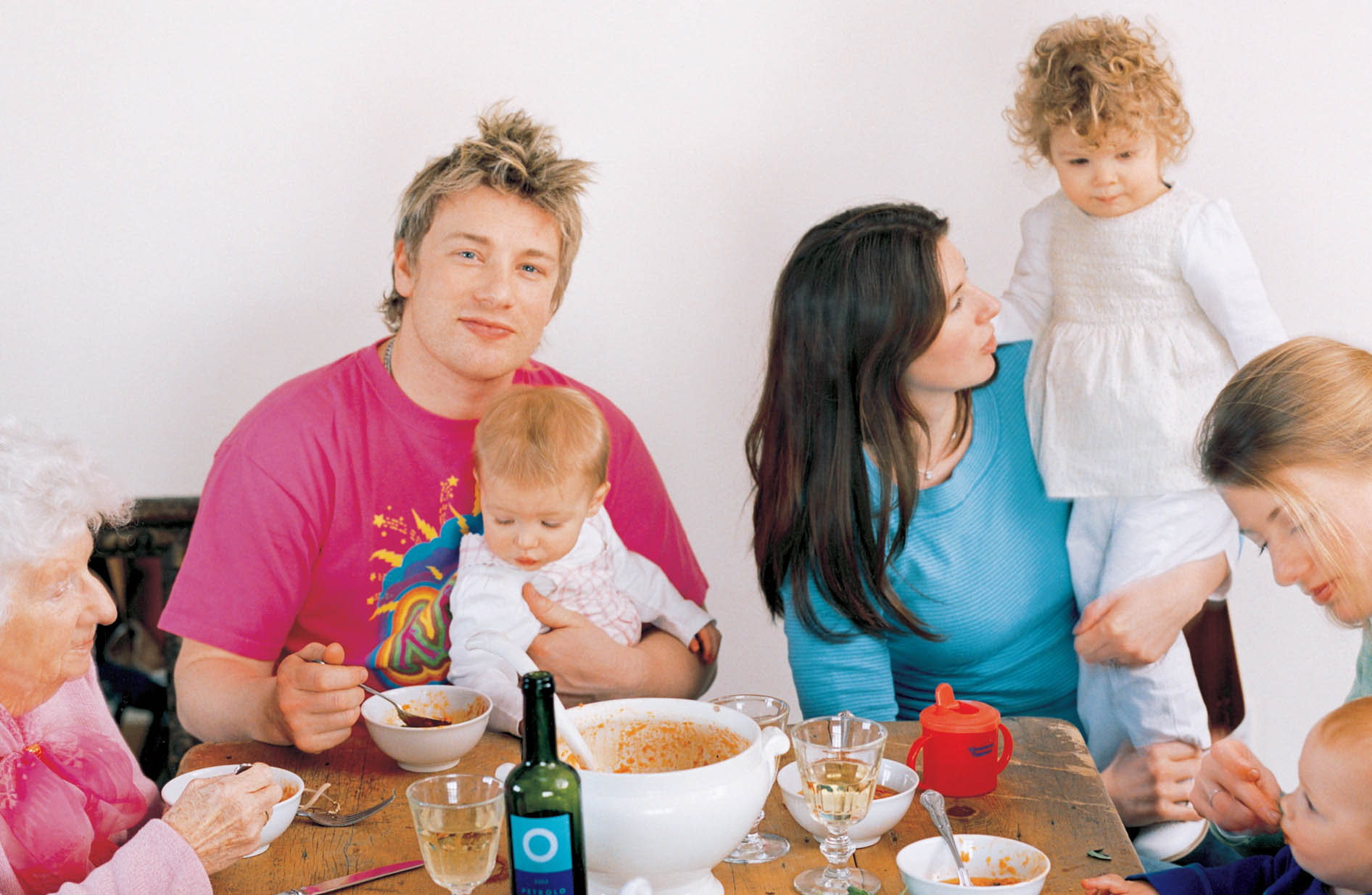
my beautiful family
Very rarely does anyone go into a garage, phone shop or shoe shop and ask for the cheapest, most rubbish one. So why do we walk into supermarkets and support those companies that are producing cheap products? As a general rule, when food is cheap the quality is not going to be so good. All supermarkets have got to push forward, try harder to support regional, or at least British, produce and strive for more integrity.
It all comes down to your perception of value is it about buying the cheapest thing you can get, or is it about spending a little more and getting something that tastes nicer, smells better and makes you feel good in return? People in Britain spend the smallest percentage of their weekly wage on food compared to most of the rest of Europe. Europeans tend to spend more on better produce. I think its a matter of priorities. For instance, before I got married, if Id suggested that we go out to a half-decent restaurant to spend 25 to 30 on a meal, with a few bottles of wine to get tiddly, my friends would not have been interested in the slightest, but if Id said, Why dont we go to the local nightclub? where wed have ended up spending 50 on drinks, even my friends who were unemployed or on the dole would have found the money somehow. I dont think it always comes down to money, I think its a priority thing.
Id never try to persuade you to unnecessarily spend more money, but Id really like you to spend the money youve got more wisely when shopping for food. Ive got friends who are unemployed and have time on their hands, yet they fill their shopping trolleys with packets of processed food and soft drinks, with no veggies in sight. And yet this is the most expensive way to feed your family. It is much cheaper to buy fresh produce and cook it than to heat up pre-packaged, processed food. There really isnt much excuse for not giving cooking a go.
Next page
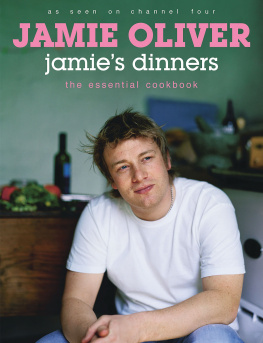
![Jamie Oliver - One: Simple One-Pan Wonders [American Measurements]](/uploads/posts/book/410500/thumbs/jamie-oliver-one-simple-one-pan-wonders.jpg)

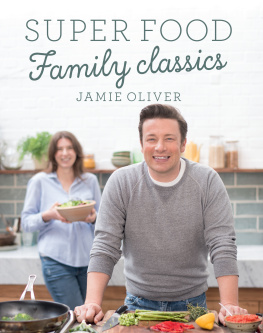

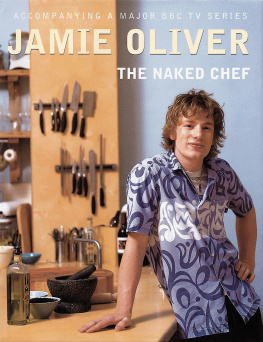
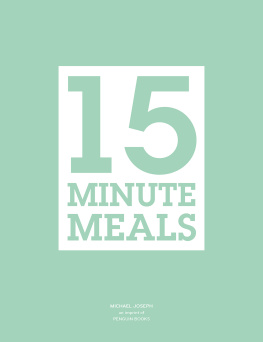
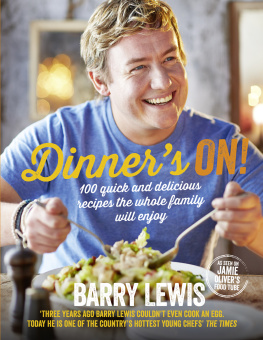
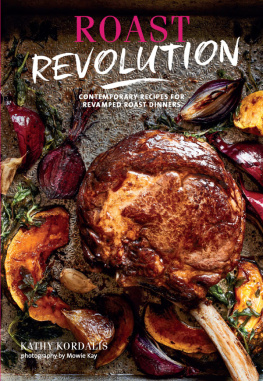
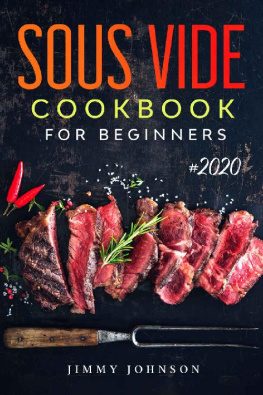
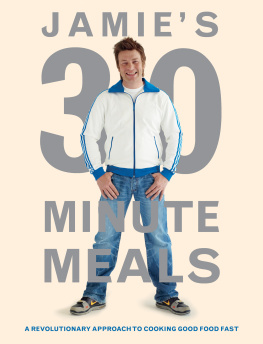

 Dedicated to all the school cooks and chefs who strive to make a difference
Dedicated to all the school cooks and chefs who strive to make a difference 
 my beautiful family
my beautiful family